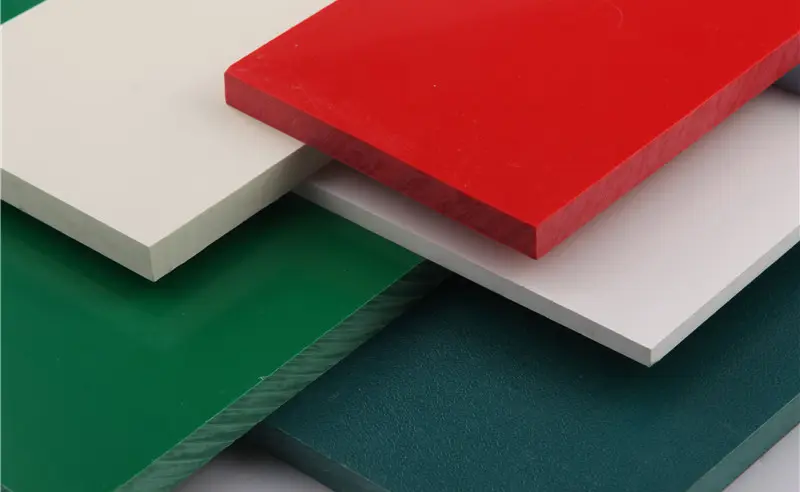Aug . 13, 2024 03:22 Back to list
Understanding the Benefits and Applications of HDPE Pipe in Modern Infrastructure Solutions
Understanding HDPE Pipe A Comprehensive Overview
High-Density Polyethylene (HDPE) pipe has become one of the leading materials in various industries, from water supply and irrigation to gas distribution and waste management. Its popularity is due to a combination of unique properties, cost-effectiveness, and versatility, making it an ideal choice for a wide range of applications.
What is HDPE?
HDPE is a thermoplastic polymer made from petroleum. It is characterized by its high strength-to-density ratio, which gives it excellent tensile strength and durability. The material itself is impervious to many chemicals, making it resistant to corrosion and providing a longer lifespan compared to traditional materials like steel or PVC.
Advantages of HDPE Pipe
1. Durability HDPE pipes are known for their long-term durability. They can withstand extreme temperatures and harsh environmental conditions, ensuring a service life that can exceed 50 years with proper installation and maintenance.
2. Corrosion Resistance Unlike metal pipes, HDPE will not corrode or rust when exposed to moisture, chemicals, or other corrosive substances. This characteristic makes it particularly suitable for water and wastewater applications.
3. Flexibility One of the notable features of HDPE pipes is their flexibility. This allows for easier installation, especially in areas with challenging terrain. Their flexible nature can also assist in mitigating the impact of ground movement or shifting.
4. Cost-Effectiveness Although the initial investment in HDPE pipes may be slightly higher than other materials, their longevity, low maintenance costs, and installation savings make them a cost-effective choice in the long run.
5. Environmentally Friendly HDPE is recyclable, making it a more sustainable option compared to many other piping materials. The production process for HDPE pipes involves lower energy consumption, and its longevity reduces the need for frequent replacements.
hdpe pipe

Applications of HDPE Pipes
HDPE pipes have a multitude of uses across various industries
- Water Supply They are widely used in municipal water systems due to their ability to transport drinking water safely and efficiently without leaching harmful chemicals.
- Irrigation In agricultural applications, HDPE pipes are employed for irrigation systems. Their durability and flexibility allow them to adapt to various terrains, ensuring effective water distribution.
- Gas Distribution HDPE’s resistance to corrosion makes it an ideal choice for natural gas and propane distribution lines, enhancing safety and performance.
- Waste Management HDPE pipes are also utilized in sewage and drainage systems, as they can effectively manage heavy loads and resist chemical degradation.
Installation Considerations
Proper installation of HDPE pipes is critical to leveraging their advantages fully. Techniques such as fusion welding create strong joints, which are essential for preventing leaks and ensuring the integrity of the system. Additionally, considerations around soil conditions and environmental factors can significantly affect the longevity and performance of HDPE piping systems.
Conclusion
In conclusion, HDPE pipes represent a superior solution for various piping needs, driven by their remarkable properties and diverse applications. As industries continue to seek sustainable and efficient materials, the demand for HDPE piping will likely grow. Understanding its benefits, installation practices, and applications is crucial for stakeholders involved in infrastructure development and maintenance, paving the way for a more efficient and durable future in piping solutions.
-
High-Quality PPR Pipes and Fittings Durable ERA PPR & PVC PPR Solutions
NewsJul.08,2025
-
Black HDPE Cutting Board - Durable, Non-Porous & Food Safe HDPE Plastic Cutting Board
NewsJul.08,2025
-
High-Quality CPVC Panel Durable HDPE & PVC Panels Supplier
NewsJul.08,2025
-
Double PE Welding Rod Supplier - High Strength, Durable & Versatile Welding Solutions
NewsJul.07,2025
-
High-Quality PVC-O Pipe Supplier Durable 75mm PVC Pipe & Connections Leading PVC Pipe Company
NewsJul.07,2025
-
HDPE Drainage Pipe Supplier – Durable & Corrosion-Resistant Solutions
NewsJul.06,2025

